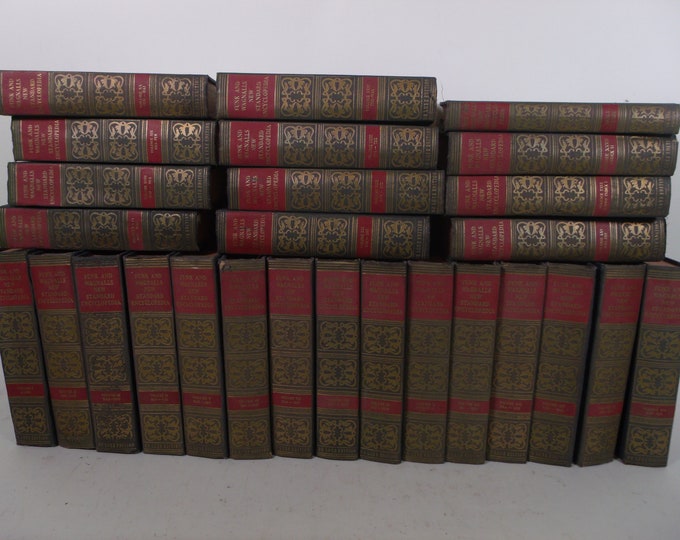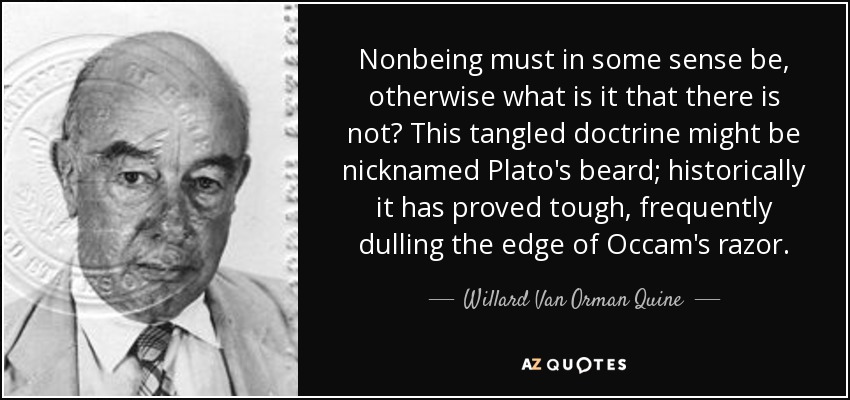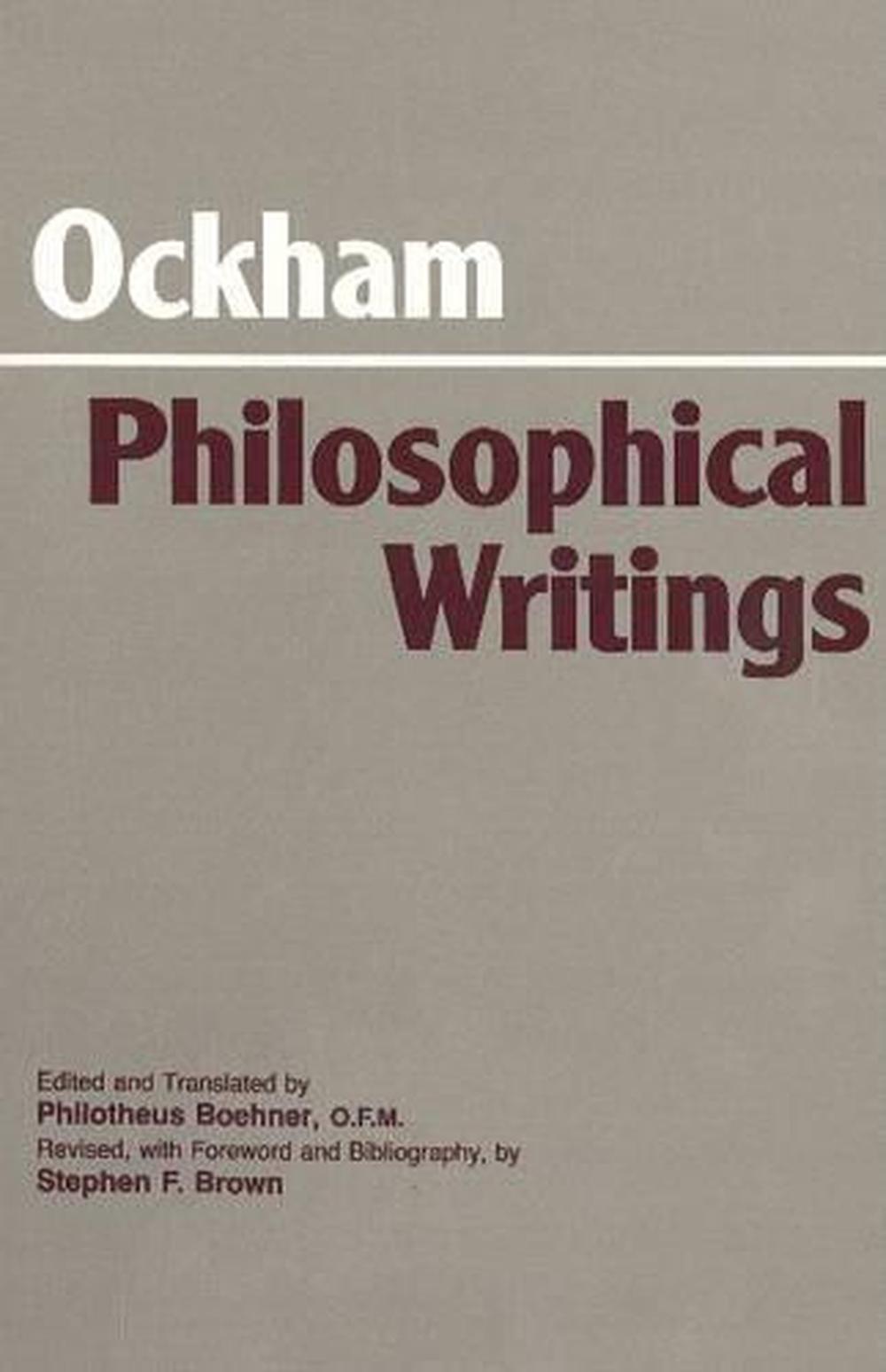


Rogeri Bacon Opera Quaedam Hactenus Inedita (London: Longman and Green, 1859), 394-519 Roger Bacon, Compendium Studii Philosophiae, edited by J. Rogeri Bacon Opera Quaedam Hactenus Inedita (London: Longman and Green, 1859), 523-551. Roger Bacon, Epistola de secretis operibus artis et naturae, et de nullitate magiae, edited by J. Roger Bacon, Ruggero Bacone, La scienza sperimentale Lettera a Clemente IV-La scienza sperimentali-I segreti dell’arte e della natura, translated by F. Roger Bacon, Ruggero Bacone, Filosofia, scienza, teologia dall’Opus Minus, translated by V. Lindberg (Chicago: University of Chicago Press, 2006). Roger Bacon, Roger Bacon and the Origins of Perspectiva in the Middle Ages: A Critical Edition and English Translation of Bacon’s Perspectiva, with an Introduction and Notes, edited and translated by D. (Philadelphia: University of Pennsylvania Press, 1928). Roger Bacon, Opus Maius, translated by R. Champion, 1994).Īl-Kindi, De radiis, edited by M.-T. Lowe (Princeton: Princeton University Press, 1937).Īlexander of Paris, Le Roman d’Alexandre, translated by L. Finally, Bacon’s interest in the utility of knowledge suggests that courtly settings in this period are significant locations for the development and applications of natural knowledge.Īlexander of Paris, The Medieval French Roman d’Alexandre, vol 2: Alexandre de Paris, edited by E. By examining Bacon’s major works on scientia experimentalis and analyzing his reliance on examples from the history of Alexander the Great, this essay demonstrates the interrelation of political power and erudite knowledge, and how they intersected through the cultivation and application of experimentum and technology. Bacon drew inspiration from the courtly sciences in theorizing how natural knowledge could serve ruling power. Both the courtly sciences and Bacon’s theory of scientia experimentalis focus on materials, sensory knowledge, and knowledge of particulars in pursuit of applied ends. Bacon’s emphasis on devices in the pursuit of knowledge and utility demonstrates the extent to which the courtly sciences (such as engineering, navigation, alchemy, and divination) were valued alongside traditional natural philosophical frameworks, and need to be understood in that context. This essay argues that Roger Bacon’s work ought to be understood within the context of the court. He looked to the courtly sciences (such as medicine, astral science, optics, and material science), which privilege application and knowledge gained through the sensorium, as sources of natural knowledge and as exemplars for the potential of natural knowledge. Dordrecht: Springer.In his major works for the pope, as well as several other works from his maturity, Bacon focused on the utility of natural knowledge, both in terms of human know-how and what that know-how could produce. Lagerlund (Ed.), Forming the mind: Essays on the internal senses and the mind/body problem from Avicenna to the medical enlightenment (pp. Imagination and experience in the sensory soul and beyond: Richard Rufus, Roger Bacon and their contemporaries. Cambridge, MA/London: Harvard University Press. Marking the boundaries: Animals in medieval Latin philosophy. Salisbury (Ed.), The medieval world of nature: A book of essays (pp. The shadow of reason: Explanations of intelligent animal behaviour in the thirteenth century. Turnbull (Eds.), Studies in perception: Interrelations in the history of philosophy and science (pp. Sensation and inference in Alhazen’s theory of visual perception.

Recherches de théologie et philosophie médiévales, 78(1), 221–275. Syllogismus brutorum: Die Diskussion der animalischen Rationalität bei Albertus Magnus und ihre Rezeption im Mittelalter und in der Frühen Neuzeit.

Lagerlund (Ed.), Encyclopedia of medieval philosophy: Philosophy between 5 (Vol. Animal rationality: Later medieval theories 1250–1350. Homo animal nobilissimum: Konturen des spezifisch Menschlichen in der naturphilosophischen Aristoteleskommentierung des dreizehnten Jahrhunderts. Tellkamp (Eds.), Philosophical psychology in Arabic thought and the Latin Aristotelianism of the 13th century (pp. Animal and human knowledge in the Perspectiva ( Opus maius, part five) of Roger Bacon. Roger Bacon and the sciences: Commemorative essays. The first scientist: A life of Roger Bacon. Oxford/New York: Oxford University Press.Ĭlegg, B. Roger Bacon and the origins of Perspectiva in the middle ages: A critical edition and English translation of Bacon’s Perspectiva with introduction and notes (D. Liber de anima seu sextus de naturalibus IV-V (S. Philadelphia: American Philosophical Society.Īvicenna Latinus. Alhacen’s theory of visual perception (A.


 0 kommentar(er)
0 kommentar(er)
